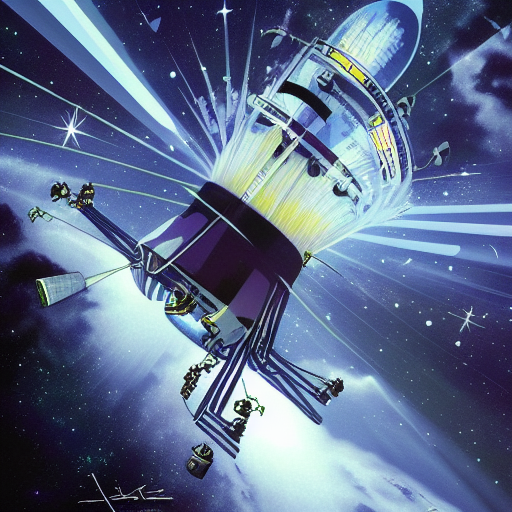This resolves YES if we have experienced Kessler syndrome by the end of 2052.
Some signs that Kessler syndome has occurred:
The collisions are cascading, i.e. it's not just debris from one collision that disables other satellites, but debris from those collisions must themselves result in debris that disables other satellites.
A short timescale: If the rate of destruction of satellites spikes over the course of a few days or weeks, I'm inclined to call that Kessler syndrome. If it goes up over the course of years, I'm inclined to say that the space community is simply more tolerant of accepting losses due to chance and a higher debris environment.
There is damage to space infrastructure: If 50% of satellites launched after 2020 cannot be deorbited before they are destroyed, or are forced to deorbit early, that suggests Kessler syndrome. If this number is more like 1%, then not.
Resolution criteria copied from here.
People are also trading
By the accounts of some scientists, we have already been showing exponential increase in the rate of collisions and rate of production of debris. If we take the exponential increase in orbiting projectiles as the definition of Kessler Syndrome, then this would already resolve to YES. So what you are asking about is actually Kessler Syndrome (exceeding severity metric X).
You can search for this quote in Scientific American:
'As for the Kessler syndrome, “it has already started,” the debris expert says. “There are collisions taking place all the time—less dramatic and not at the large size scale,” Kessler adds.'
Ironically, a defunct VEGA upper stage destined for a 2026 ESA mission to figure out removal of space debris was hit by space debris, creating more space debris.
ESA - Objects detected in the vicinity of ClearSpace-1 debris removal mission target
@SG I can recommend https://en.m.wikipedia.org/wiki/Planetes , a fantastic manga/anime ob the topic.
